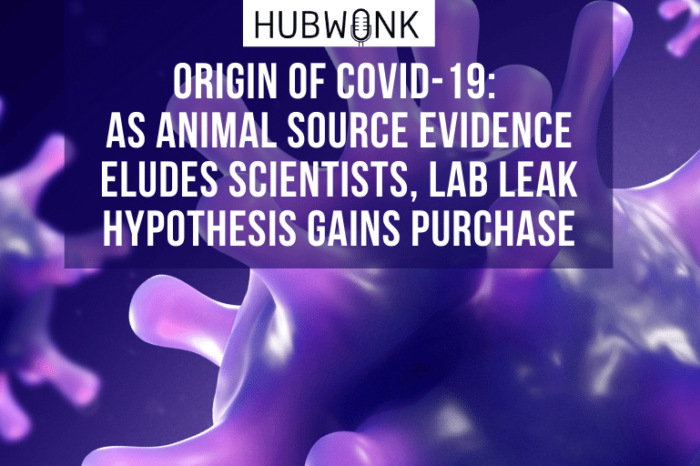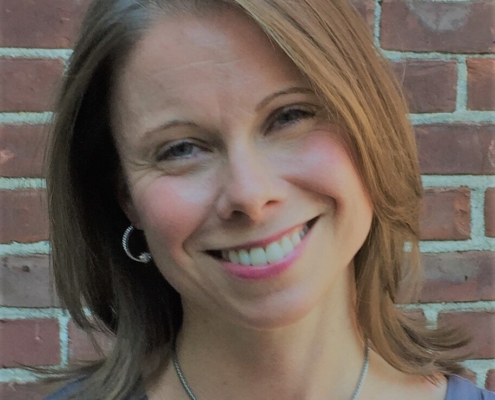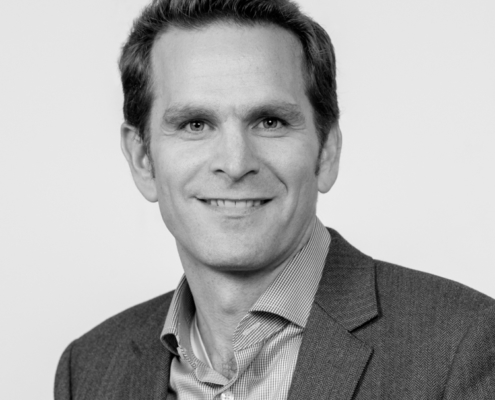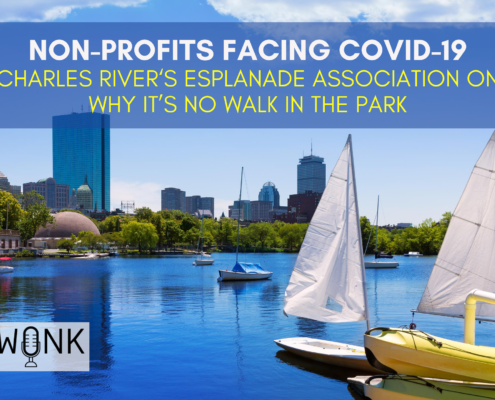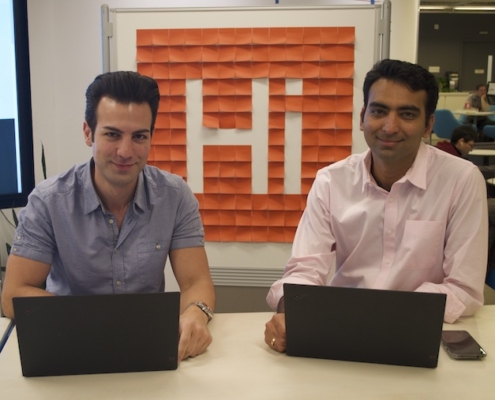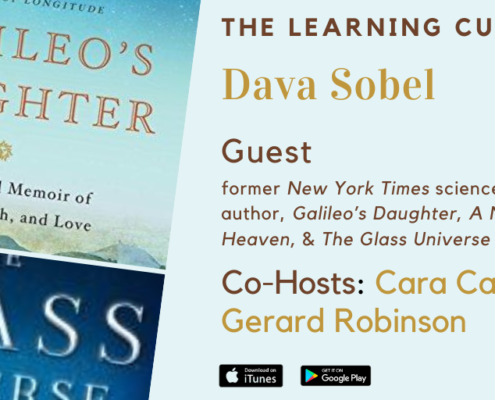Origin of COVID-19: As Animal Source Evidence Eludes Scientists, Lab Leak Hypothesis Gains Purchase
This week on Hubwonk, host Joe Selvaggi talks with author and former New York Times science journalist Nicholas Wade about his recent article in the Bulletin of the Atomic Scientists on the possible origins of the SARS2 virus that caused the COVID-19 pandemic. In their conversation, they consider the possibility that, absent finding evidence of a natural jump from animals, the SARS2 virus may have come from a lab.
Guest:
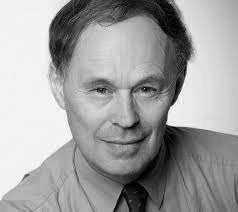 Nicholas Wade is a science writer, editor, and author who has worked on the staff of Nature, Science, and, for 30 years, the New York Times. Wade was born in Aylesbury, England, and educated at Eton and at King’s College, Cambridge, where he studied natural sciences.
Nicholas Wade is a science writer, editor, and author who has worked on the staff of Nature, Science, and, for 30 years, the New York Times. Wade was born in Aylesbury, England, and educated at Eton and at King’s College, Cambridge, where he studied natural sciences.
Get new episodes of Hubwonk in your inbox!
Related Posts

